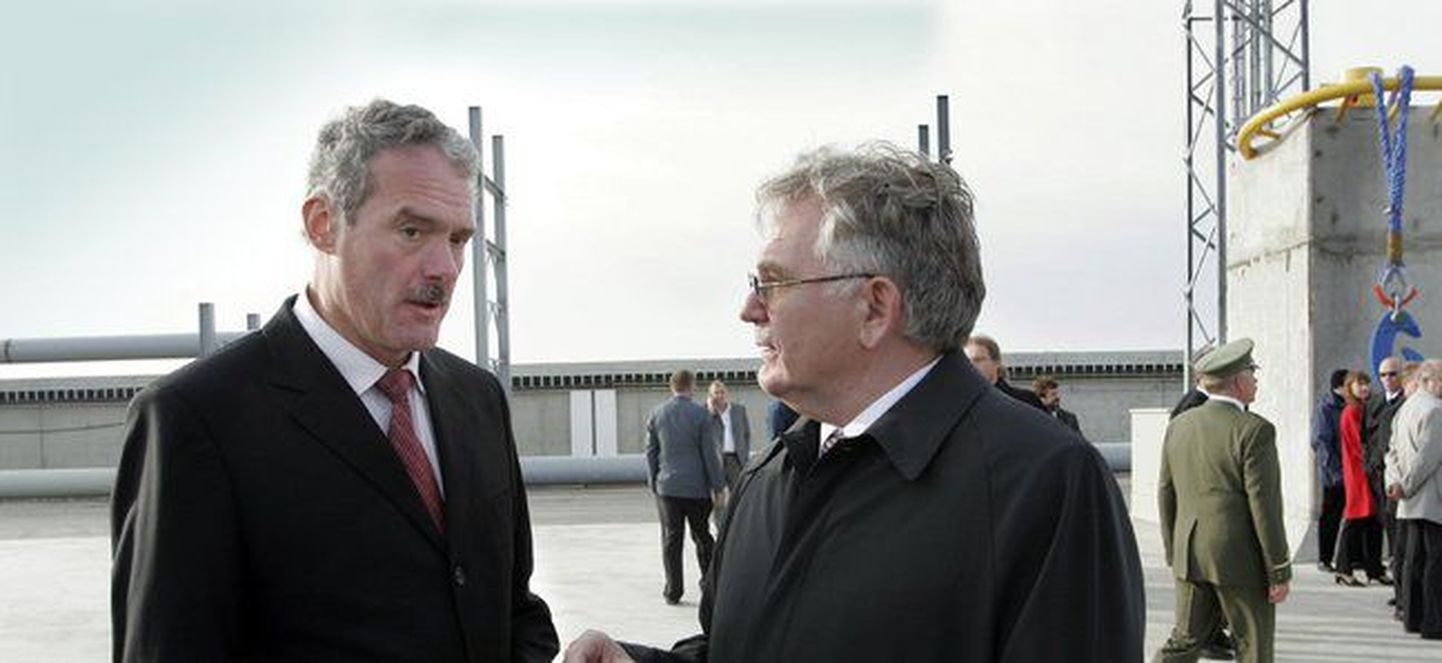-Like a lion, your partner Tiit Vähi is fighting for more pragmatic Estonia-Russia relations. Do you believe in improvement of the relations?
Sure they will improve, as we are neighbours. Can’t live like this.
Plants and hotel owner Andrei Katkov
An unquestioned member of St Petersburg business elite, Andrei Katkov (60) is most known as former business partner of a best known oligarch Gennady Timchenko in a highly profitable oil mediation business.
In the 1980ies, Mr Timchenko and Mr Katkov worked together at Leningrad department of the foreign trade ministry of the USSR. At the end of the 1980ies at the ministry they forced through the idea to create a separate unit at Kirishi refinery which would sell petroleum directly abroad.
Afterwards, the state enterprise became a private one named Kinex which, in the 1990ies, became known as the oil major Surgutneftegaz’ main exporter to the West. That was very lucrative. Russian media data says Kinex’ 1999 turnover amounted to $2bn.
During the Kinex era, Mr Katkov in 1998–2004 also served as chairman to Rossiya Bank through which their company moved their finances. At the time, majority owner of Rossiya Bank was another influential oligarch Yuri Kovalchuk.
In 2004, Mr Katkov and Mr Timchenko decided to stop doing business together. Mr Timchenko kept all of the oil business, and Mr Katkov with Yevgeni Malov – also a Kinex owner – got real estate projects and thermal insulation producer Penoplex. Mr Katkov says Penoplex has evolved into the largest producer in Europe in its field, and second largest globally.
